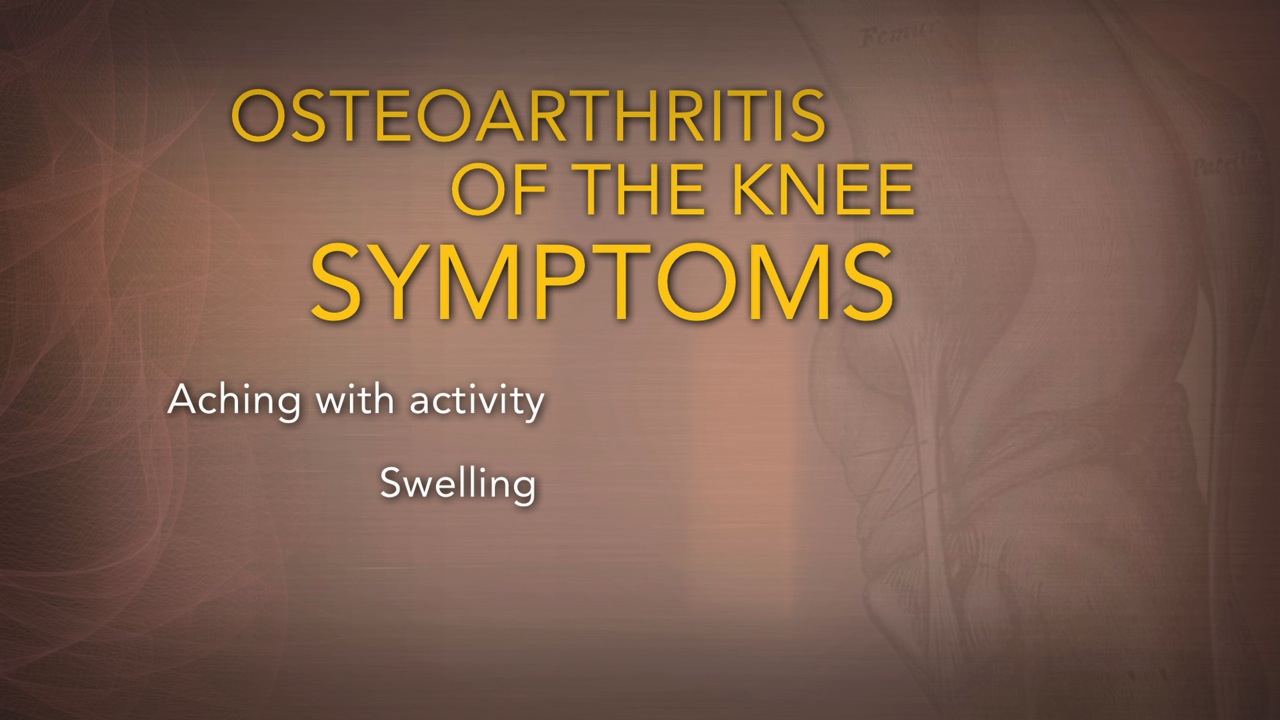The Arthritis Channel
December 20, 2010 • Arthritis, Family Medicine, Hospitalist, Internal Medicine, Medical Students, Nurses/NP/PA, Patient Education, Pharmacists, Reuters Health • The Doctor's Channel Newscast, Rheumatology
NEW YORK (Reuters Health) – Low-dose naproxen given close to the dosing of aspirin interferes with aspirin’s antiplatelet effects, according to a report in the November 23rd online Arthritis & Rheumatism.
“The results of this experiment clearly showed that the administration of naproxen given 2 hours before or after aspirin reduced the capacity of aspirin to cause an almost complete and irreversible inactivation of COX-1,” Dr. Paola Patrignani from G. d’Annunzio University, Chieti, Italy told Reuters Health in an interview. “The interference was reduced when naproxen was given 2 hours after aspirin than in reverse order.”
Dr. Patrignani and colleagues investigated the effects of low-dose naproxen (220 mg twice daily) on aspirin’s antiplatelet effects in an open-label, cross-over study in 9 healthy volunteers. In 3 sessions 2 weeks apart, they received naproxen 2 hours before aspirin, aspirin 2 hours before naproxen, or aspirin alone. Serum thromboxane B2 levels, a measure of platelet COX-1 activity in response to thrombin, represented the primary endpoint of the study.
When naproxen was given 2 hours before aspirin, thromboxane B2 inhibition was significantly lower than when aspirin was given 2 hours before naproxen. These effects were most notable at 24 hours after administration of naproxen.
Administration of aspirin 2 hours before naproxen did not significantly alter thromboxane B2 inhibition compared with aspirin alone.
Administration of naproxen 2 hours before aspirin also perturbed the homogeneous suppression of arachidonic acid-induced platelet aggregation seen after aspirin alone, such that 2 of 9 subjects showed complete recovery of platelet aggregation at 48 hours after dosing. Results were similar for collagen-induced platelet aggregation.
Naproxen also significantly altered the recovery of thromboxane B2 biosynthesis versus aspirin alone.
“If the patient is treated with low dose-aspirin, it is recommended to administer aspirin always before naproxen (at least 1 h before for plain aspirin, while for coated aspirin we should perform appropriate studies for defining the right time),” Dr. Patrignani concluded.
“We would like to perform a similar study but larger in patients with cardiovascular disease chronically treated with low-dose aspirin and comparing both plain and enteric coated aspirin,” Dr. Patrignani said. “Importantly we would like to assess the influence of the patient’s age, other disease states, and possibly genetic background which might affect the drug pharmacokinetic and pharmacodynamic features. Finally, it is very important to verify the possible interference on platelet COX-1 inhibition and platelet aggregation by the coadministration of cytoprotective products such as proton pump inhibitors (PPI) in addition to aspirin and naproxen.”






